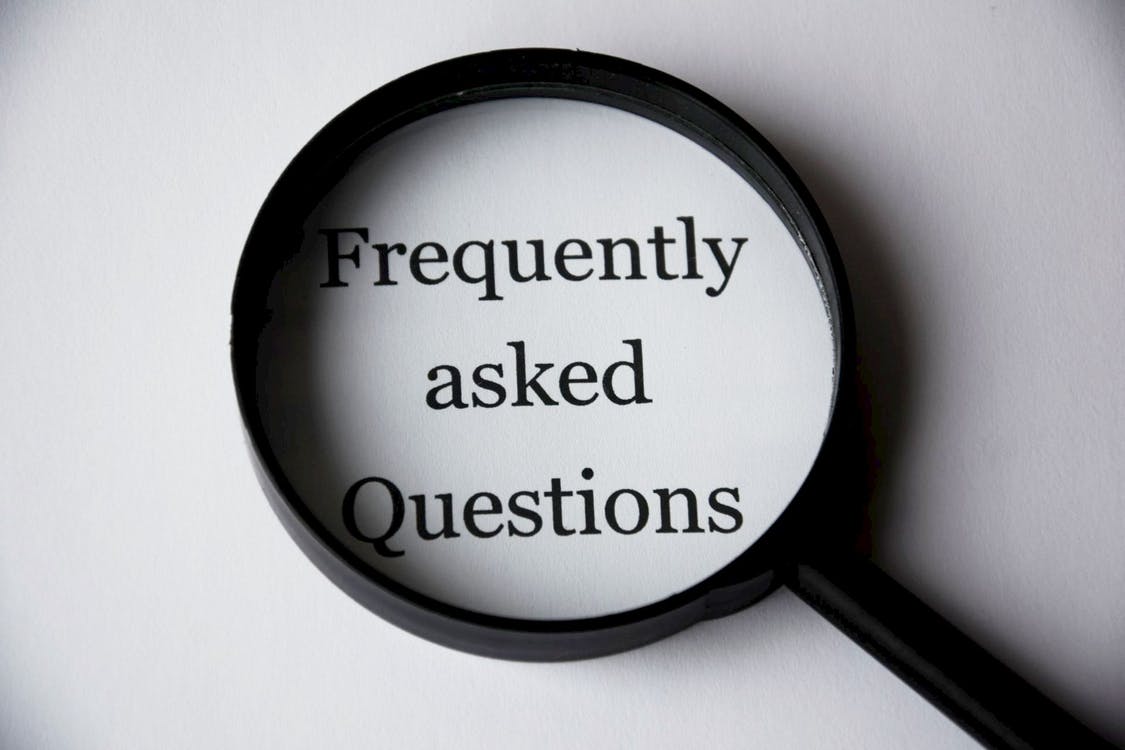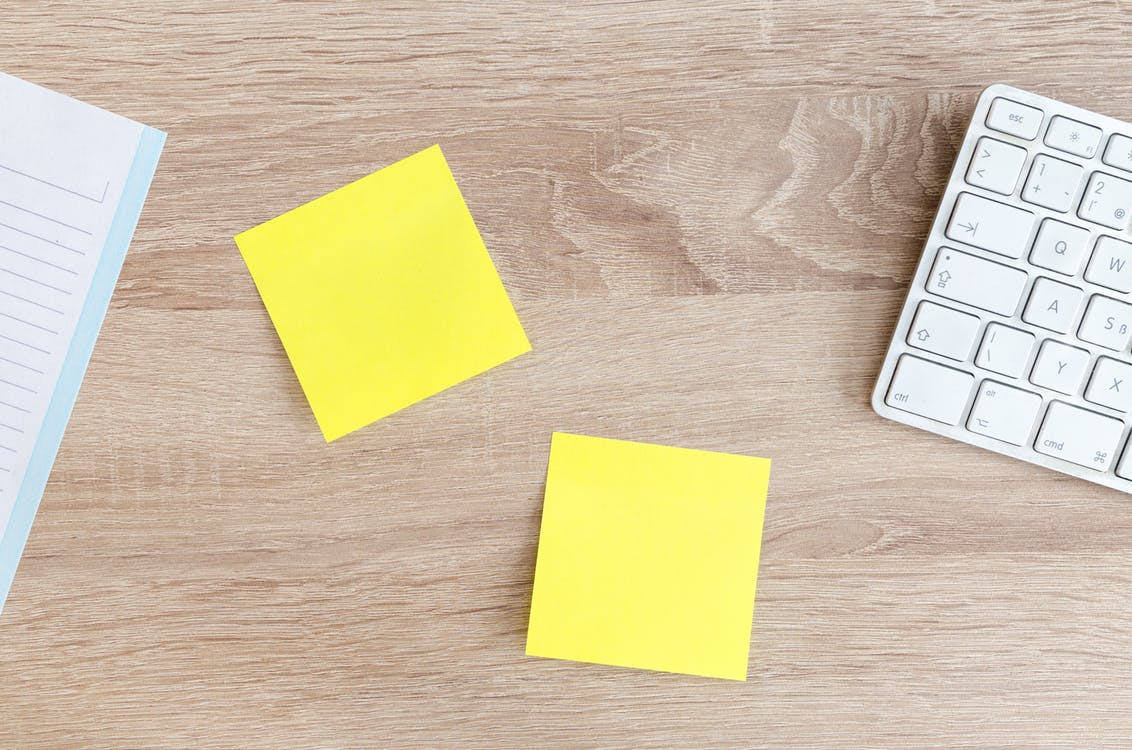Things You’ve Probably Been Taught in Mandarin Which You Shouldn’t Listen To
Some basic techniques for making your Mandarin sound a little more natural, including how to say hello like a local, saying goodbye, and finding out about a person's day.

We have all had that experience at some point when we’re learning a language, where we say something and the look on the other person’s face makes you think that we didn’t say it quite right.
If you’re like me, then you probably rushed to figure out where you went wrong. You looked over your notes and through your text books, but you couldn't find anything. That’s probably because you’ve been speaking a version of Mandarin which only exists in classrooms. Just like when you read an English textbook and notice something’s amiss (ok, not that badly).
To help you prepare for the next time it happens, here are a few basic things you've probably been taught in Mandarin, but which you probably shouldn't be listening to.
 Seal Says hi!
Seal Says hi!
How to Start a Conversation
If you happen to know any Mandarin Native speakers who have learnt English, then you know that how to start a conversation in English is always a bit of a joke. It goes something like this:
Person 1: Hello
Person 2: Hello, how are you?
Person 1: Fine thank you, and you?
Person 2: Fine thank you.
Now, I don’t know about you, but that’s not how I normally start a conversation in English. The same is true in Mandarin when it comes to ‘你好’ (nǐ hǎo). Despite there being a lot of 'Hello' variations, and that it might sound right on paper, it’s just not done so much in real life. In fact, that goes for the entire beginner’s conversation block:
Person 1: 你好 (Nǐ hǎo, Hello)
Person 2: 你好吗?(Nǐ hǎo ma?, How are you?)
Person 1: 我很好, 你呢?(Wǒ hěn hǎo, nǐ ne?, I’m fine, and you?)
Person 2: 我很好, 谢谢 (Wǒ hěn hǎo, xièxiè, I’m fine, thank you)
Try to avoid this sentence structure and instead, go with something a little more natural, and remember that you can omit words a lot of the time in informal settings. For instance:
吃过了吗?(Chīguòle ma?, Have you eaten?)
最近怎么样?(Zuìjìn zěnme yàng? How are you recently?)
Hi
Notice the last option is just ‘Hi’? That’s because in modern day China, a lot of simple English words have found themselves becoming a part of the everyday Chinese person's vocabulary. It’s not just internet Slang.
 Cheerio!
Cheerio!
Saying Goodbye
The same goes for saying goodbye. Try waiting for a Chinese person to say the typical construction of 再见 (Zàijiàn) to you. It will happen, but it’s much less likely than the largely favored English sounding 拜拜 (Bàibài).
再见 actually implies that you will see that person again. 再 (zài) meaning again, 见 (jiàn) meaning to meet. It’s fine to use this when you aren’t going to see a person again. But like I said before, you should try to avoid it entirely.
What is appropriate use of 见 is when you know when you are going to see someone again, or if you’re confirming an appointment or meeting time. For instance, if you were meant to see your friend the next day, there would be nothing wrong with saying 明天见 (Míngtiān jiàn, see you tomorrow). If you're using it in this way, 见 is actually very common.
Note that 再见 is more common than 你好. It’s just no longer the mainstream way of saying goodbye to a person in China for many locals.
 One of the most frequently asked questions is "How was your day?", right?
One of the most frequently asked questions is "How was your day?", right?
Asking Someone About Their Day
This was a problem for me for a long time. When it came to asking someone about their day, I would always start a conversation like this:
Person 1: 你今天干什么? (Nǐ jīntiān gān shén me? What are you doing today?)
Person 2: 现在吗?(Xiànzài ma? Now?)
Whilst it does ask what that person did that day, the computer translation comes out sounding nice, and most Chinese people would have absolutely no problem understanding what you’re saying, it just sounds a little bit weird. Instead, go with:
你今天怎么样?(Nǐ jīntiān zěnme yàng? How is your day?)
This is a much more general question, and a much more frequently used construction - despite not being as direct.
If you are really insistent about asking a person what they have done during their day (and they aren't going to give it up without a bit of effort on your side) then you can always fall back on:
你最近在忙什么?(Nǐ zuìjìn zài máng shénme? What have you been busy doing recently?)
 Simply Copy whatever the other person does.
Simply Copy whatever the other person does.
Listen to What Others Say and Copy
If you're looking for the best technique for making sure that you don't make any conversational faux pas, then the best thing you can do is listen to others and simply copy what they say. You can't go wrong there.
Then, all you have to do is start working on the extras to make your Mandarin sound even better. That means making sure to use particles correctly. Not sure what particles are? Make sure to check out Adding Mandarin Modal Particles Like a Local: When, Where, and Why?.
